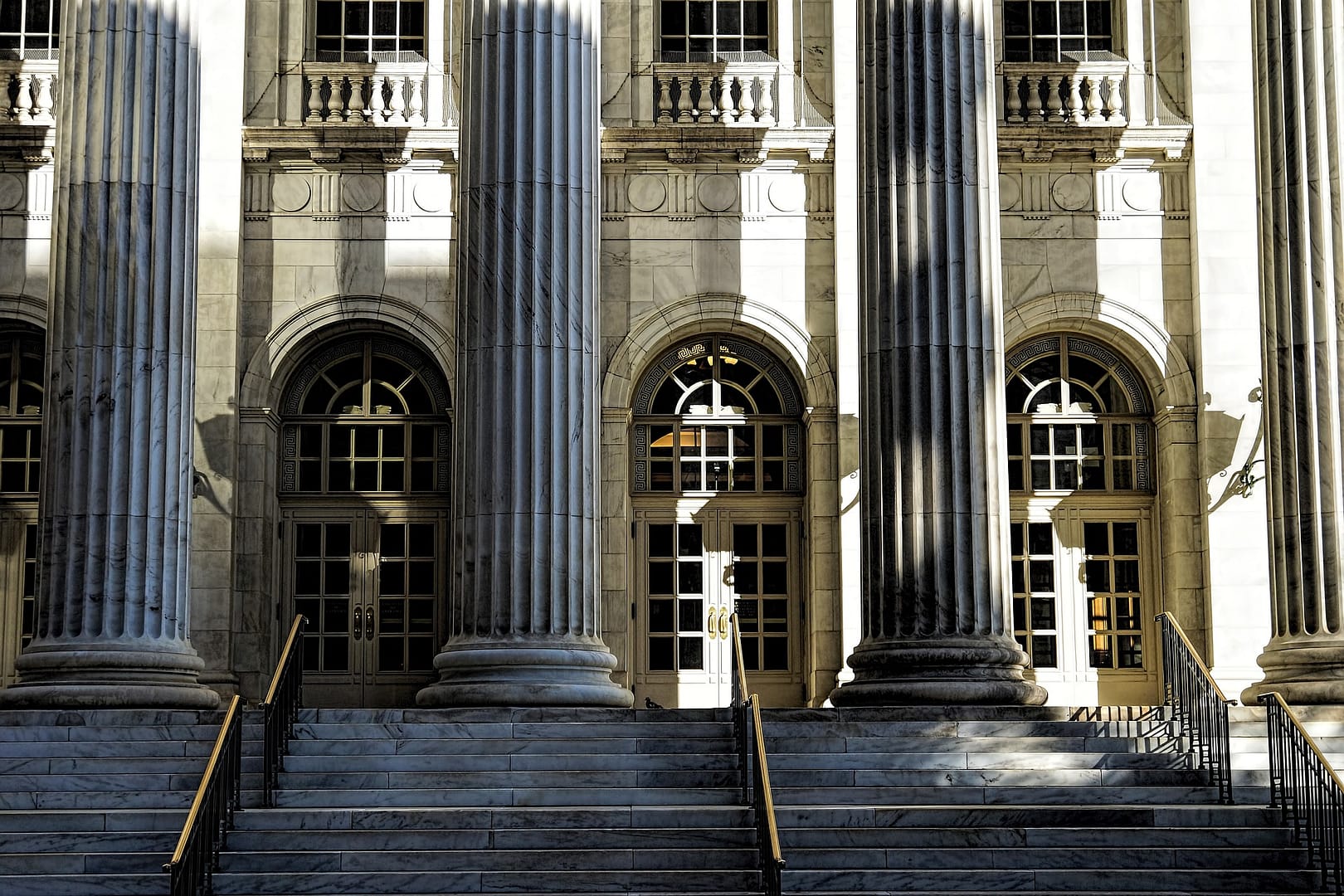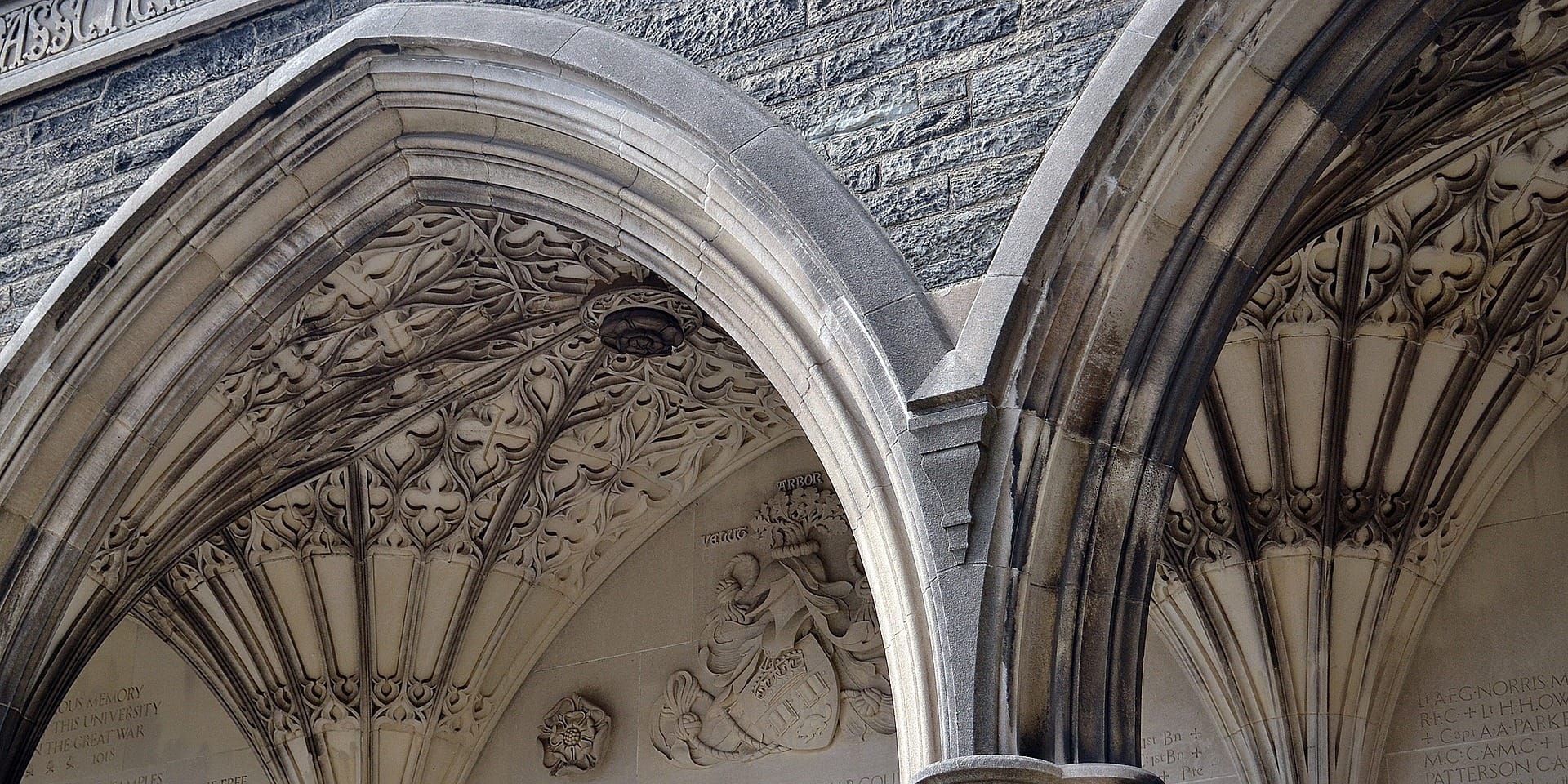Digest of Connecticut Appellate Court advance release opinions about trusts and estates, tax assessment, and…
No Absolute Right to Withdraw and Restart an Action
 A plaintiff has no absolute right to withdraw and restart an action. The Connecticut Appellate Court reached this conclusion, and spoke about some other interesting procedural topics, in Palumbo v. Barbadimos, to be officially released on February 16, 2016.
A plaintiff has no absolute right to withdraw and restart an action. The Connecticut Appellate Court reached this conclusion, and spoke about some other interesting procedural topics, in Palumbo v. Barbadimos, to be officially released on February 16, 2016.
Plaintiff commenced a tort action. Defendant answered and plaintiff replied to the special defenses. After the time to claim a jury expired, plaintiff attempted to withdraw its reply to the special defenses. Defendant objected, arguing that the withdrawal really was an attempt to start a new clock for a jury claim. Plaintiff failed to meet the substance of that argument. The trial court sustained defendant’s objection.
Plaintiff commenced a new action on a nearly identical complaint and withdrew the original action. Plaintiff’s counsel said in an email to defense counsel that “I am going to withdraw the case. [The defendant] has been served with a new writ. I did want a jury and your objection was sustained.” Defendant moved to restore the original action to the docket and attached the email to its memorandum in support. Defendant requested oral argument, which the court granted.
Plaintiff didn’t file a written response. At oral argument, plaintiff took the position that it was her case and she could withdraw it. The trial court gave plaintiff an opportunity to submit a written response. She did but it essentially was limited to an assertion that CGS § 52-80 was dispositive. The statute permits a plaintiff to “withdraw any action … before the commencement of a hearing on the merits thereof.”
The trial court denied the motion to restore. Defendant appealed and moved for an articulation, which the trial court provided. “According to the court, the defendant had failed to establish that he had any vested right in a bench trial. The court relied, at least in part, on the fact that even if a plaintiff fails to claim a case to the jury docket, the trial court nevertheless retains discretionary authority to place the case on the jury docket ‘at any time.’” The trial court relied on CGS § 52-215, which provides that “any … case [properly triable to a jury] may at any time be entered in the docket as a jury case … by order of court.” The trial court also relied on “the broad nature of a plaintiff’s right to withdraw an action pursuant to § 52-80.”
The Appellate Court reversed.
Defendant’s Main Argument on Appeal
Defendant argued that the trial court had abused its discretion in denying the motion to restore because it allowed plaintiff to avoid the consequence of failing to timely claim a jury trial and circumvented the court’s order sustaining defendant’s objection to plaintiff’s motion to withdraw its reply to the special defenses.
Appellate Court Concludes there is No Absolute Right to Withdraw and Restart an Action
The Appellate Court began its analysis by noting that it “often has used, without further explication, the phrase ‘absolute and unconditional’ to describe a plaintiff’s right under § 52-80 to withdraw an action before a hearing on the merits has occurred.” This, however, means “only that, prior to a hearing on the merits, the withdrawal of an action does not require the permission of the court.” From other precedent it is “clear that the right of withdrawal may be trumped in certain circumstances by another party’s right to restore the case to the docket.”
When does the right to restore the case to the docket trump the right of withdrawal? The Appellate Court explained, as follows:
It is important that we take this opportunity to clarify that the broad authority granted to a plaintiff pursuant to § 52-80 to unilaterally withdraw an action prior to a hearing on the merits does not automatically extend to the plaintiff the additional right to commence an essentially identical action following that withdrawal if the primary purpose for doing so is to undermine an order of the court rendered in the prior litigation or if the withdrawal and subsequent refiling implicates a substantial right that vested in another party to the litigation and that likely will be jeopardized should the plaintiff proceed with the new action…. In either instance, if seasonably requested by the defendant or other third party, the court should exercise its discretion to restore the original action to the docket.
The court then addressed whether defendant had acquired some right in the original action that he would lose if he had to defend the second action. The court concluded defendant had acquired such a right, as follows:
Having failed to comply with either of the time periods set out in § 52-215 [for claiming a jury], the plaintiff waived her right to unilaterally claim her original action to the jury docket…. At that time, the defendant acquired the right to have the parties’ dispute decided by the trial court. Although that right was subject to divestment by the trial court should it choose to exercise its own discretion to order a jury trial, the decision to do so was outside the control of the plaintiff and was never requested in this case. It is reasonable to infer from the defendant’s choice not to exercise his own right to claim the matter to the jury docket that he perceived some advantage to proceeding with a bench trial and that a divestment of that right by the plaintiff’s actions would prejudice him.
The court described the prejudice defendant would suffer, this way:
The defendant’s interest in having the original action restored to the docket and tried before the court rather than having to proceed with the inevitable jury trial in the second action is a substantial one. If the defendant is forced to defend the second action, he undoubtedly will incur additional expenses in the form of attorney’s fees, costs and other expenses necessary to get the pleadings closed in that action. Moreover, it is undis- puted that because of the right to individual voir dire in this state, significant additional expenditures of time and money would be involved in the selection of a jury.
Other Things to Note
In footnote 9, the Appellate Court noted it “previously has indicated that in the absence of some seasonable objection by the opposing party to exhibits attached to a motion before the trial court for adjudication, the trial court properly may consider the attached exhibits in reaching its decision, even if the exhibits were not formally introduced into evidence by the moving party.” Attaching unauthenticated documents to motion papers is a widespread practice in Connecticut, unlike every other jurisdiction where I’ve ever filed a motion or opposition (off the top of my head that’s New York, New Jersey, California and Texas, not to mention federal courts). I guess it’s no different than trial: If you have a legitimate authenticity beef, it’s worth raising. If not, and you do raise it, all you really do is get the judge mad at you.
In footnote 12, the Appellate Court declined to limit its holding to cases where plaintiff commenced a new action: “It is important to note, however, that even in cases that have been withdrawn outright, with no new action filed, circumstances may arise in which the court may restore an action to the docket, not for the purpose of forcing a plaintiff to litigate a cause of action that was withdrawn as of right, but to protect important interests of parties to the litigation.”
In footnote 13, the court declined to limit its holding to cases where the defendant had a “vested right” that would be lost in the second action: “We do not purport to decide whether other circumstances might arise that would trigger the court’s authority to restore a voluntarily withdrawn action to the docket. For example, even in the absence of a vested right, a party may be significantly prejudiced by the withdrawal or the withdrawal may have an adverse effect on the due administration of justice.”
In footnote 15, the court noted: “General Statutes § 52-212a, which provides that civil judgments may only be opened or set aside within four months of the date they were rendered, is applicable not only to the opening of a case that has proceeded to judgment but also to the restoration of a withdrawn case” (internal quotes omitted).
About the Photo
It’s a camera lens and has nothing to do with the case. I just liked it.


